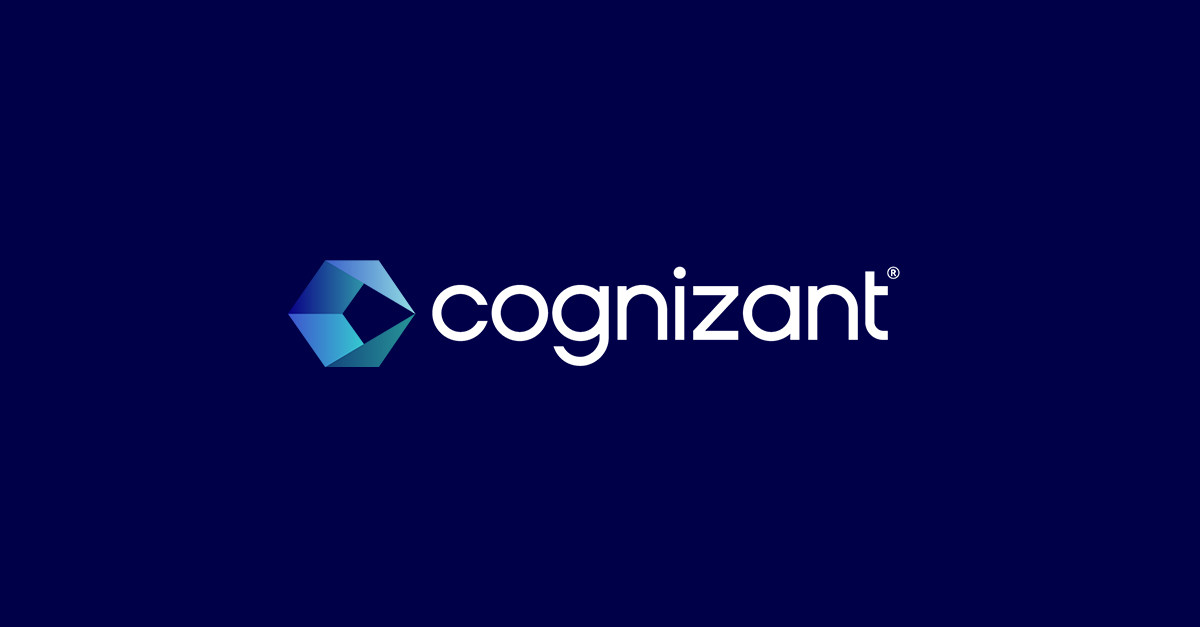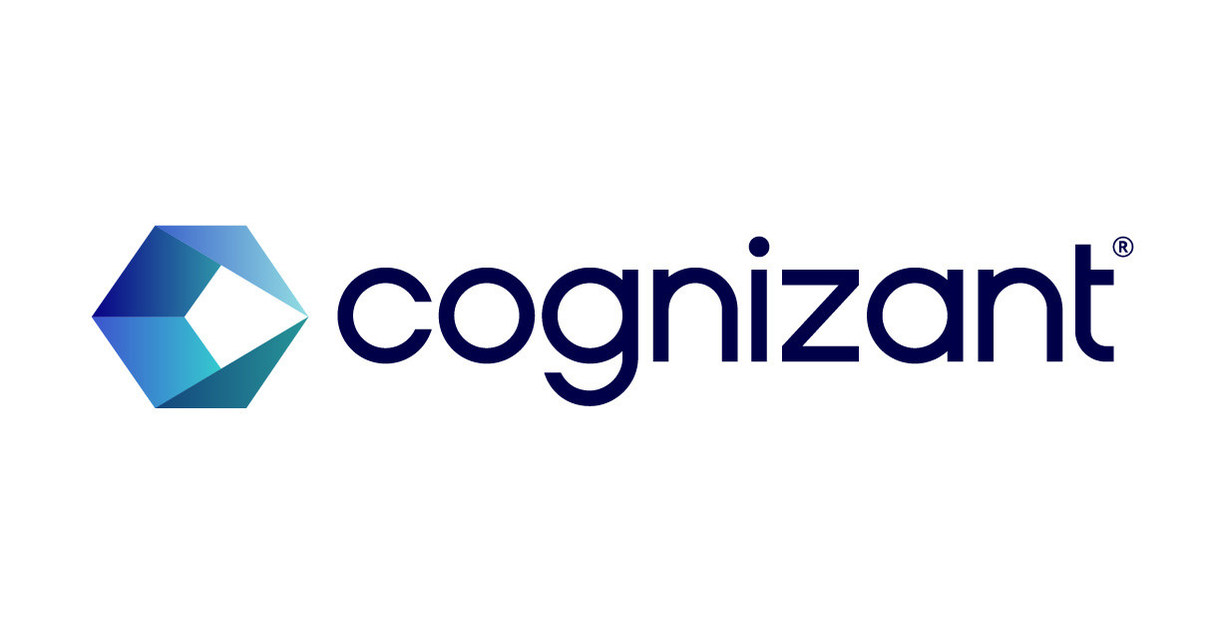Company Directory - Unique Identification Authority of India
Company Details - Unique Identification Authority of India

Unique Identification Authority of India
WebsiteIndia
Unique Identification Authority of India (UIDAI) is the statutory authority responsible for implementing Aadhaar, India’s national biometric identity system. As a government entity, UIDAI manages and governs One of the world's largest identity programs.
CCI Score
CCI Score: Unique Identification Authority of India
-38.19
0.14%
Latest Event
UIDAI's AI-Driven Aadhaar Expansion and Surveillance Concerns
UIDAI's in-house developed AI/ML based Aadhaar Face Authentication system has seen significant growth, with over 15 crore transactions recorded in March 2025 and recognition through the Prime Minister’s Award. While the innovation streamlines service delivery across sectors, it also raises concerns about its potential use for mass surveillance and authoritarian control.
Take Action
So what can you do? It's time to make tough choices. Where will you cast your vote?
- Shop Alternatives
SEE ALL - Use Your Voice
OTHER TOOLS - Investigate
- Share the Score
SUPPORT CCI
TOADIE
Unique Identification Authority of India is currently rated as a Toadie.
Latest Events
 APR282025
APR282025UIDAI's in-house developed AI/ML based Aadhaar Face Authentication system has seen significant growth, with over 15 crore transactions recorded in March 2025 and recognition through the Prime Minister’s Award. While the innovation streamlines service delivery across sectors, it also raises concerns about its potential use for mass surveillance and authoritarian control.
 MAR182025
MAR182025The Election Commission’s initiative to link Aadhaar with voter ID cards involves UIDAI in a process that raises serious concerns about mass surveillance and potential authoritarian control over citizens’ identities.
-60
Provision of Repressive Technologies
March 21
UIDAI’s biometric identification system, as part of the Aadhaar program, is being leveraged in the linking of voter IDs. This fusion of biometric data with electoral rolls could facilitate enhanced state surveillance and serve as a tool for authoritarian control. This event is critiqued from an anti-fascist perspective, where such technology risks undermining personal privacy and democratic freedoms.
ECI sets the ball rolling on linking voter ID card with Aadhaar
 FEB012025
FEB012025UIDAI, the Unique Identification Authority of India, announced amendments to the Aadhaar Act allowing private entities to use Aadhaar authentication for providing services. This move raises concerns about the expansion of biometric surveillance and potential misuse of sensitive identity data, which could facilitate authoritarian control.
-50
Provision of Repressive Technologies
March 21
By permitting private entities to access Aadhaar authentication, UIDAI potentially extends the reach of biometric surveillance, a tool that, if misused, could undermine privacy and empower authoritarian practices. Although intended to improve transparency and service delivery, the amendment echoes longstanding concerns about the susceptibility of the Aadhaar system to misuse, as highlighted by previous judicial critiques.
Govt amends norms to restore Aadhaar verification process for private entities
 JAN312025
JAN312025UIDAI's 2025 Amendment permits private entities to perform Aadhaar authentication after government vetting, raising concerns about potential surveillance and authoritarian misuse of biometric data along with state-private sector collusion.
-50
Provision of Repressive Technologies
March 21
UIDAI’s amendment for Aadhaar authentication extends access to private entities, which may pave the way for enhanced surveillance and breach of privacy. This move, under vague criteria and amid previous Supreme Court concerns, risks enabling repressive uses of biometric data—a tool that, if misused, supports authoritarian control.
Aadhaar Authentication for Private Entities: Navigating the 2025 Amendment
-10
Economic Collaboration
March 21
The amendment fosters a closer partnership between the government and private sector, which, while aiming for improved service delivery, also blurs accountability lines and may inadvertently support structures that can be exploited for authoritarian control. Such economic collaboration raises concerns about regulatory capture and misuse of state systems.
Aadhaar Authentication for Private Entities: Navigating the 2025 Amendment
 FEB172020
FEB172020Analysis of UIDAI's Aadhaar system reveals that its biometric authentication and data policies have led to the exclusion of marginalized communities from essential services, raising significant human rights and privacy issues.
-50
Labor Relations and Human Rights Practices
March 21
UIDAI's Aadhaar implementation has resulted in significant exclusion of marginalized communities from welfare benefits, highlighting severe human rights concerns and a lack of ethical responsibility in ensuring inclusive access to government services.
-40
Provision of Repressive Technologies
March 21
The Aadhaar system's reliance on biometric data for authentication and its potential for state surveillance raise alarms about the use of repressive technologies. This technological approach can facilitate authoritarian control and compromise the privacy and rights of citizens.
 APR052019
APR052019An investigative overview of UIDAI's Aadhaar system highlighting systemic failures that have led to denial of welfare benefits and significant hardships for vulnerable populations in India.
-80
Labor Relations and Human Rights Practices
March 21
UIDAI's Aadhaar system has repeatedly failed to protect the human rights of vulnerable citizens. The widespread issues—ranging from flawed biometric authentication to wrongful exclusion from essential welfare benefits and even hunger-related deaths—demonstrate a grave neglect of ethical responsibility and labor/human rights practices.
-70
Provision of Repressive Technologies
March 21
The technical implementation of the Aadhaar biometric system exhibits characteristics of a repressive technology. Its persistent failures in authentication and linking have created barriers to accessing critical services, thereby reinforcing state control over citizens and deepening systemic inequities.
 JAN132018
JAN132018Human Rights Watch highlights that UIDAI’s mandatory Aadhaar biometric system has led to the denial of essential services, breaches of privacy, and has enabled mass state surveillance, thereby reinforcing authoritarian practices in India.
-80
Labor Relations and Human Rights Practices
March 21
UIDAI's Aadhaar implementation has resulted in systemic human rights violations. The mandatory linkage of essential services to biometric data has led to denial of food, healthcare, and education for vulnerable populations, undermining basic human rights and facilitating discriminatory practices.
-70
Provision of Repressive Technologies
March 21
The Aadhaar system is not only vulnerable to data breaches but also functions as a tool for mass surveillance. Its technological design enables extensive tracking of personal data, thereby bolstering state power and undermining individual privacy.
-65
Regulatory Capture
March 21
The implementation of Aadhaar has occurred with limited oversight and accountability, reflecting elements of regulatory capture. This lack of effective checks and balances enables authoritarian control over personal data and undermines democratic accountability.
 MAY052017
MAY052017Reports indicate that India's Aadhaar system, managed by UIDAI, poses serious privacy and security risks by enabling mass surveillance through centralized biometric data, raising concerns about its role in supporting authoritarian state practices.
-80
Provision of Repressive Technologies
March 21
The article details how Aadhaar, under UIDAI, centralizes biometric information, which not only makes it vulnerable to massive data breaches but also transforms it into a tool for state surveillance. The description of Aadhaar as 'surveillance technology masquerading as secure authentication technology' underscores its potential role in enabling repressive state actions that undermine citizen privacy and security.
Alternatives

Bangalore, India
62.09

Noida, India
-12.01

Pakistan
49.12
Armonk, United States
11.07

Teaneck, USA
-45.10

Corporation
63.27

Corporation
51.50

Corporation
0.00

Corporation
0.00

Corporation
-9.90
Industries
- 541511
- Custom Computer Programming Services
- 541512
- Computer Systems Design Services
- 541519
- Other Computer Related Services
- 541690
- Other Scientific and Technical Consulting Services
- 923120
- Administration of Public Health Programs